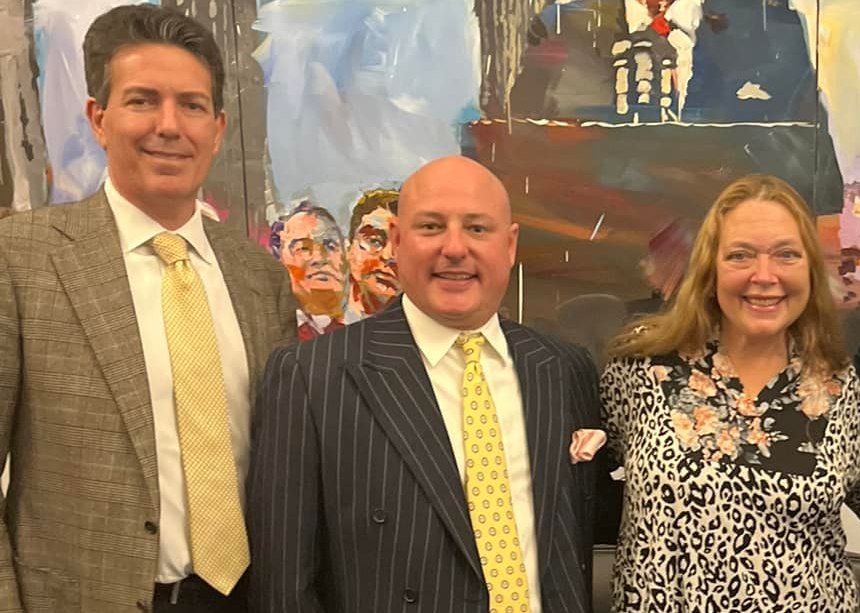With “Tiger King” and other cub-petting enthusiasts in jail, the Congress takes action
Washington, D.C. – With the support of the national law enforcement, animal welfare, and conservation and mainstream zoological communities, the U.S. House of Representatives overwhelmingly passed the Big Cat Public Safety Act, H.R. 263, on Friday by a vote of 278 to 134. H.R. 263 was introduced by Reps. Mike Quigley, D-Ill., and Brian Fitzpatrick, R-Pa. and was actively supported on the floor by Reps. Ed Case, D-Hawaii, and Natural Resources Committee Chairman Raul Grijalva, D-Ariz.
“Chaos and cruelty result when people breed big cats for use as pets or for commercial petting operations,” said Wayne Pacelle, president of the Center for a Humane Economy. “It’s alarming that this problem has persisted for so long, and this is an important first step in establishing a national policy to stop the trade and breeding of endangered lions and tigers as pets in homes and props at roadside zoos.”
The bill builds on the Captive Wildlife Safety Act, passed unanimously in 2003, that sought to ban the trade in big cats as pets. That original measure had a drafting flaw, and the Big Cat Public Safety Act seeks to correct that problem and to ban breeding big cats for the pet trade or for commercial cub petting.

The bill had been introduced long before the salacious reality television series “Tiger King,” but that series put the issue of private ownership of tigers and lions on the American radar screen. NBC’s streaming platform, Peacock TV, also featured the bill in its series “Joe vs. Carole,” released in March.
“Breeders who pump out countless big cats for cub-petting are worse than puppy millers, placing unfunded mandates on animal rescues who have to clean up their mess and care for these majestic creatures once they’ve grown too big to exploit,” said Marty Irby, executive director at Animal Wellness Action. “We applaud House Leadership for bringing this important measure, which will help keep families in suburbia safe from abused big cats to a vote before the August recess.”
Law enforcement swung in force behind the bill.
“I’ve experienced the worst-case scenario first-hand, and it is a gut-wrenching experience to think about tigers, lions, and other big cats on the prowl in such close proximity to our homes and our schools,” said Sheriff Matt Lutz from Zanesville, Ohio, whose office was forced to respond to a mass release of tigers, lions, and other animals in his community more than a decade ago.
“Congress should step up and support those of us in law enforcement, who risk our lives every day, and pass the Big Cat Public Safety Act.”
“It is an enormous expense to care for these animals, and this reckless behavior foists a massive long-term financial liability on animal sanctuaries,” said Carole Baskin, founder of Big Cat Rescue in Tampa, Florida. “None of these private big cat owners holds onto the animals for very long, and that means they get turned over to groups like Big Cat Rescue that have to take in these traumatized, often very unhealthy animals.”
Down from nearly 60 cub-petting operations just 10 or 15 years ago, there are now maybe two or three commercial cub petting outfits in the United States. Nearly all cub-petters featured in “Tiger King” are incarcerated, have had their animals seized, or are facing prosecution.
- Joe Exotic is serving 21 years in federal prison for 17 wildlife-related charges as well as murder for hire charges
- Jeff Lowe, who took charge of Joe Exotic’s GW Zoo and intended to open a cub-petting operation in far eastern Oklahoma, had his operation raided by federal authorities, who brought civil charges against him. Lowe’s animals have been confiscated and placed at sanctuaries.
- Tim Stark, another prominent Tiger King “star,” had his animals confiscated by the State of Indiana for multiple animal-related and nonprofit-operation violations. He fled the state after a criminal charge was filed and was arrested in New York.
- Bhagavan “Doc” Antle was arrested on charges of money laundering. He’s also facing charges by the State of Virginia with 15 counts of wildlife trafficking and animal cruelty.
The tigers and lions bred for the pet trade or roadside attractions never lead good lives. They typically live in substandard conditions, and in almost every case, their lives end tragically. We reduce these remarkable beasts to shadows of themselves in dilapidated roadside menageries or in backyards or basements. The people who acquire the animals on impulse or for profit almost always give them up because they cannot be safely managed by individuals without sufficient resources or professional staff.
Rep. Bruce Westerman, R-Ark., led efforts to block the bill, denigrating the idea of even bringing the bill up for a vote but then suggesting that the Department of Agriculture should handle the problem. USDA is singularly ill-equipped to handle the trade in endangered lions and tigers.
H.R. 263 is backed by the National Sheriffs’ Association, state sheriffs’ associations throughout the nation, the Fraternal Order of Police, the National Animal Care and Control Association, and countless other agencies and organizations. A Senate companion bill, S. 1210, has nearly 50 cosponsors.

